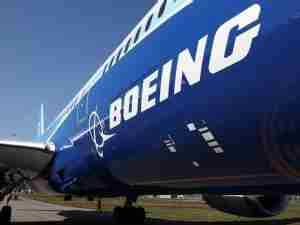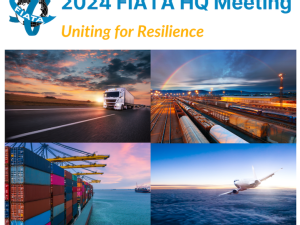Singapore Airlines Ltd. said the S$6.2 billion ($4.7 billion) raised through convertible bonds, along with existing cash reserves, should cover its financial needs well into the year ending March 2023, according to a statement Tuesday.
The nation’s flagship carrier was responding to questions from the Securities Investors Association (Singapore) last month about whether it has considered privatization. Singapore Airlines said that privatization wasn’t a matter for it to consider because it is a shareholder action.
“Given that the proceeds from the rights issue will be treated as equity in the balance sheet, this allows us to maintain a strong equity base and creates options for raising further debt financing as necessary,” the airline said.
Singapore Airlines has raised S$15.4 billion, which includes S$8.8 billion from a rights offering, since April last year and cut about 20% of its workforce to reduce costs. The International Air Transport Association in April widened its estimate for losses this year to about $48 billion as new Covid flare-ups push back the timeline for a start of international air travel. The situation is particularly dire for carriers like Singapore Airlines that have no domestic market to fall back on.
The carrier posted its worst annual loss at the end of March in the “toughest year in its history” as Covid continues to wreak havoc on global travel. Temasek Holdings Pte, Singapore Airlines’ largest shareholder, has provided an undertaking to subscribe to its pro-rata entitlement and any remaining balance of the convertible-bond issuance, the carrier said last month.
Singapore Airlines’ monthly operating cash burn has fallen to about S$100 million to S$150 million, from S$350 million at the start of the pandemic. It said it will continue to rein in cash burn through revenue generated from cargo and a gradual improvement from its passenger business.
“Demand from the e-commerce and pharmaceutical segments, among others, remains robust. Singapore Airlines is well positioned to capture more Covid-19 vaccine shipments into the Asia Pacific region as vaccine production ramps up and exports grow,” it said in Tuesday’s statement.
The recent rise in fuel prices could lead to smaller losses or gains on its fuel hedging contracts, which will also help it to cut costs. “Our goal is to provide long-term value for shareholders by ensuring that the company returns to profitability,” it said.











